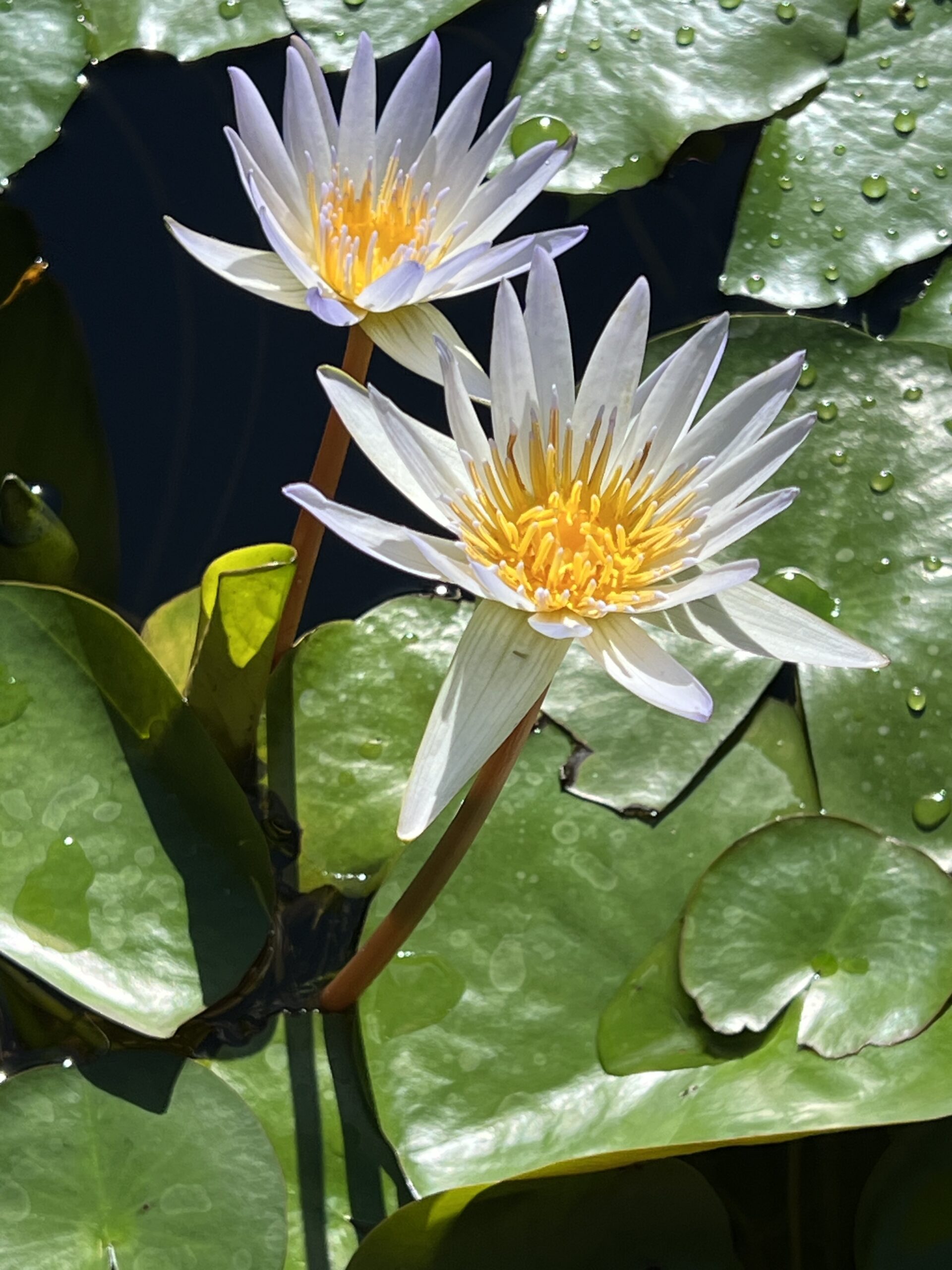“Then would you read a Sustaining Book, such as would help and comfort a Wedged Bear in Great Tightness?” (Winnie the Pooh)
Regardless of Pooh’s predicament being brought on by over-indulging Rabbit’s hospitality, whoever invented the peanut butter and banana sandwich gets a star on my Comfort-Food Walk of Fame. Laid low by a headache, with a gloomy mood to match, I temporarily suspend all my weight-loss, anti-carb ambitions and tuck into a creamy-smooth-Jif-peanut-butter-and-banana sandwich. On sweet-potato bread. Were I Pooh Bear I’d probably have added honey, just because… (At least it’s not a tub of chocolate ice cream, with fudge sauce, and nuts, though that’s not entirely out of the question.)
The point is, if I don’t give myself a little TLC when in need, who will? Which brings me to the question of sustainability. Not the sustainability of natural resources that has become a major concern in our consumer-overload-society. Though very worthy of reflection, the latter is not what I mean by sustain-ability. What concerns me as of this writing is the ability to sustain a superhuman level of focus and energy when one is running on empty. The kind of fortitude that an Ironman triathlete has to dredge up when on the last leg (literally and figuratively) of his or her multi-hour, multi-sport odyssey.
But even that pales to oblivion when compared to a parent whose job it is to tend a sick or dying child. Maybe even hold down a job and tend to other children, a spouse and/or aging parents, as well. Talk about super-humans. That’s a particular kind of hell through which many women and men are having to sustain themselves, often without the help of extended families or friends. Quite frankly, it beggars belief that this is so often demanded of sincere, hardworking, loving, caring and giving human beings. (Think nurses, doctors and first-responders during COVID. Think everyone during COVID).
Years ago, when studying for my Masters degree, I read treatise after treatise about “the end of suffering”. The Buddha taught that attachment and aversion were the root causes of suffering. We suffer because we scheme to get more of what we like or want, and scheme to avoid whatever we dislike or don’t want. These extremes have to be overcome in order to liberate ourselves from attachment, aversion, and ultimately dis-harmony and dis-ease.
I respectfully disagree.
This week I heard the story of a young mother’s struggle to support her child through a terminal illness — the toll this took on her marriage, her other children, her relationship with extended family and friends who weren’t able to walk through the “valley of the shadow of death” with her. Not only what she went through with her child, but also the ordeals she saw other families endure all around her, were almost enough to tip her into insanity. I daresay it would me. I don’t get how the Buddha’s teachings could have eased these parents’ suffering, or sustained them through such ordeals. Of course I could be utterly wrong, but barring a strong Buddhist practice and upbringing, I wouldn’t offer it to a running-on-empty mother or father at the bedside of a sick or dying child. I doubt any self-respecting Buddhist would do so either. The point is, then, how CAN one sustain a suffering father, or mother, friend, or other?
Seeking more clarity on this topic, I asked my friend how she sustained herself in that most trying of times; what words of advice would she give to other people in her shoes. Her answer affected me profoundly. She JUST.DUG.DEEP. She stepped entirely out of the life she had known, the plans she had made, the hopes she had entertained. And gave herself, body and soul, to the needs of her stricken child. Faced down her fears and shut down the wild imaginings of her frazzled mind.
Every chance she got, she paused. Centered herself in the present. One breath, and then one step at a time. Laser-focused on the task at hand. Gave it her all so that no matter what happened, in the end, she would have no regrets. No second-guesses. She relied on what she discovered deep inside: unconditional love for her child. In the end, her child, and her family survived this compound fracture in their lives. Not because of anything particular they had done, the mother takes pains to emphasize, but because they were the lucky ones. Despite years of uphill battles, she considers herself the luckiest woman alive. Gratitude radiates from her like a beam of sunshine. Peace, harmony and ease of well-being.
Emerson concluded his poem, “What is Success?” with the following: “…to know even one life has breathed easier because you have lived. This is the meaning of success”. Perhaps the ability to sustain others stems from our own times spent traversing the dark valleys in our lives, from meeting the challenges – whatever they have been – to the best of our ability. As imperfectly human as that may have been. And the best I can now do, to comfort and sustain one on that path, is to ask — and then listen very carefully for — what might help them breathe more easily.
After all, there, but for the grace of God, go I.
